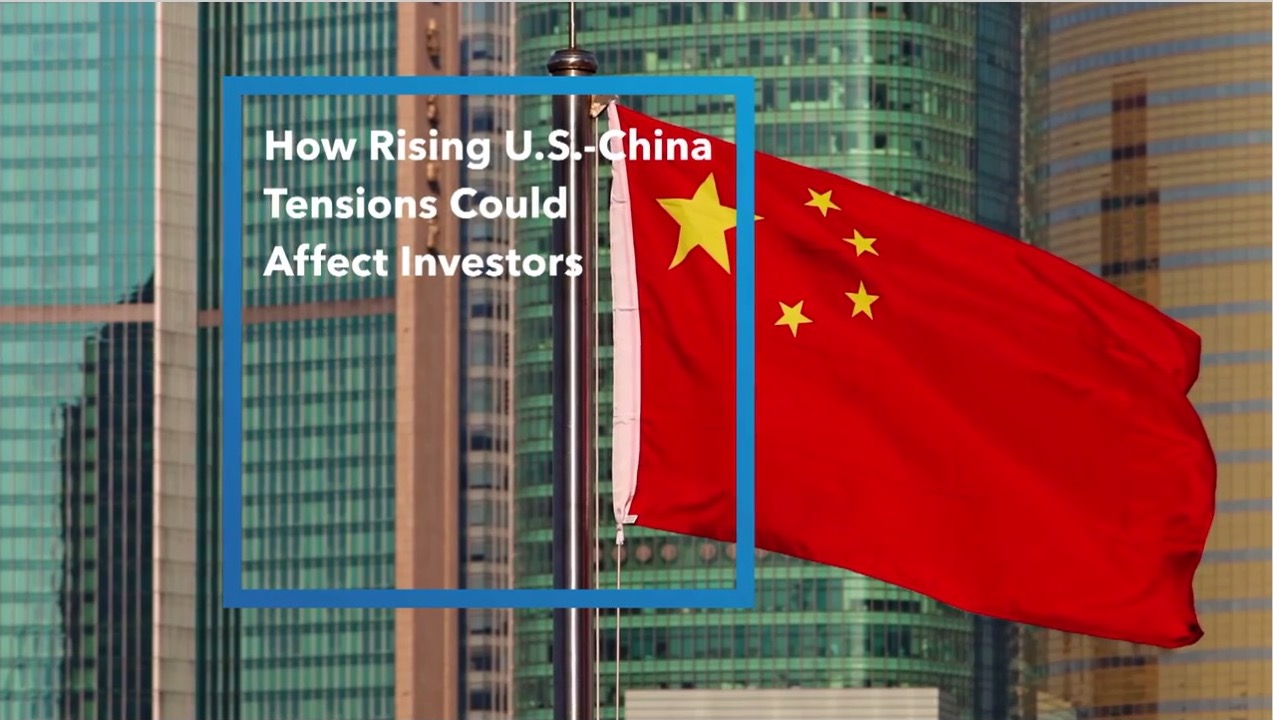What Brazil’s Troubles Mean for Emerging Markets
, Fixed Income, AllianceBernstein
A fresh corruption scandal in Brazil has many investors retreating from Latin America’s largest economy. But we don’t think it changes the story for emerging markets and the opportunities they offer in general.
Certainly, the obstruction of justice allegations against President Michel Temer have been bad news for Brazil’s stocks, bonds and currency in recent days. The news wiped out nearly all the benchmark BOVESPA stock index’s gains for the year, and selling pressure may persist in the short run.
But it’s harder to make a case for why renewed political turmoil in Brazil should frighten global investors away from emerging-market (EM) assets altogether. Brazilian equities, for example, account for just 6.8% of the MSCI Emerging Market Index, compared to roughly 43% for China and South Korea combined.
What’s more, the things that have drawn investors to emerging markets in the past 18 months remain in place. These include:
- Growth: The global economy is gaining traction, commodity prices have stabilized and exports are growing—as are earnings across a wide range of countries and companies.
- Inflation: Inflation remains well contained in most emerging economies, which gives central banks room to cut interest rates—good news for both stocks and bonds.
- External Imbalances: External debt levels are falling and basic balances are improving, making many EM countries less reliant on foreign capital and less vulnerable to rising interest rates and external shocks.
- Politics: More countries—Brazil among them—are trying to improve their governance and crack down on fraud and corruption.
VALUATIONS STILL ATTRACTIVE
Despite these developments, investors remain underinvested in EM stocks and bonds. Many cut their exposure between 2013 and 2016 when macroeconomic conditions and country fundamentals were less favorable.
That has left valuations broadly attractive. EM equities, for example, trade at a significant discount to their developed-market counterparts. As a result, we still see a number of attractive opportunities in select EM stocks, bonds and currencies.
NO SIGN OF CONTAGION
So far, the fallout from Brazil’s scandal has been contained. Brazilian assets were hit hard, but those from other emerging markets have held up well. That probably would not have been the case in 2013, when the world economy and individual countries were in weaker shape.
Could there be more spillover in the future? Sure. Market sentiment can be a tricky thing to gauge. Does that mean the next step is a prolonged period of pressure on EM assets across the board? Not necessarily. In fact, we think any indiscriminate selling of EM assets may present investors with opportunities to add exposure in many emerging markets, including Brazil.
DON’T SLEEP ON BRAZIL
So what does all this mean for Brazil? When Temer was installed last year after Congress impeached his predecessor, Dilma Rousseff, he pledged to clean up the country’s public finances and return the economy to growth. Does the possibility of another government change put everything at risk?
We don’t think so.
Congress has already passed some key reforms, including a cap on public spending to control the country’s budget deficit. And after S&P Global Ratings threatened to drop the country’s credit rating further into junk territory, Brazil’s finance ministry “reaffirmed its commitment to economic recovery through structural reforms aimed at balanced public accounts, sustainability of public debt and sustained growth.”
A prolonged impeachment process—if it comes to that—could delay a critical overhaul of the country’s social security system. But we don’t think it takes reform off the table. Walking away from social security reform would likely require Congress to raise taxes or reduce expenditures elsewhere—neither an appealing prospect with a general election scheduled in 2018.
Most importantly, Brazil’s reforms don’t depend on Temer. Businesses have pushed for more prudent policies and will continue to do so. Voters have taken to the streets to protest corruption and fraud, and judges have not shied away from prosecuting powerful politicians.
As always, a hands-on approach in emerging markets is essential—especially at a time when volatility may create opportunities to buy assets at an attractive price. And we still think EM assets offer plenty of potential for investors.
The views expressed herein do not constitute research, investment advice or trade recommendations and do not necessarily represent the views of all AB portfolio-management teams.
Copyright © AllianceBernstein














